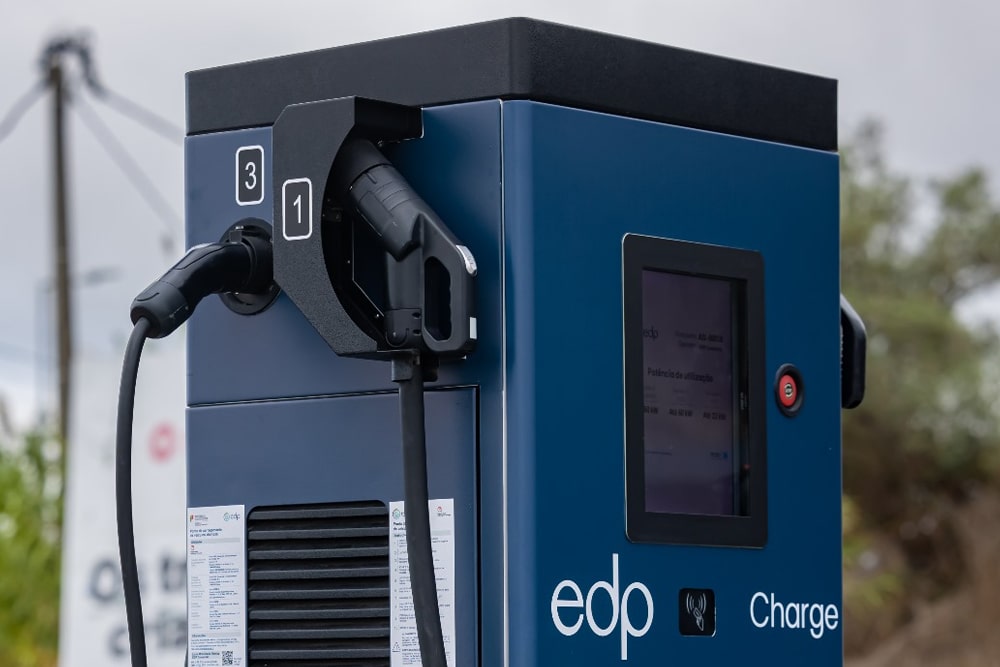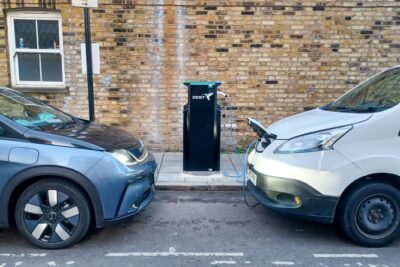Portugal ends EV charging contract requirement
Portugal has introduced a new legal framework for electric mobility (Regime Jurídico da Mobilidade Elétrica – RJME), formally approved by the Council of Ministers as part of the State Reform programme. The goal is to simplify public charging by removing the mandatory need for contracts with energy providers, enabling ad hoc charging sessions and allowing direct payment using bank cards or QR codes. The draft bill was first introduced in February.
According to the Ministry of Infrastructure and Housing, this change will reduce the number of intermediaries and associated fees in the charging process. “Implementing a more efficient model, with fewer intermediaries and therefore fewer fees, is one of the key aspects of this regime. The government wants to bring more transparency to the sector, ensuring users have a clear and understandable invoice when charging their vehicles,” said Minister Miguel Pinto Luz.
The updated legislation also supports the deployment of new charging infrastructure. Charging points rated at 50 kW or higher must now offer bank card payment options, while lower-powered chargers are required to provide alternative electronic payment methods, such as QR code access. Clear pricing information will also be mandatory at all public charging locations, aligning with how fossil fuel prices are displayed at filling stations.
“The new electric mobility regime promotes the liberalisation of the sector, enabling an increase in the number of charging stations. With more competition, this is expected to lead to reduced costs and improved price transparency, particularly on motorways,” said Minister for Environment and Energy, Maria da Graça Carvalho.
Charge point operators will benefit from greater autonomy under the RJME. They are no longer obliged to be connected to a centralised national system such as Mobi.E, and are now free to develop independent business models, including the use of self-generated energy sources like solar power. When the draft bill was first introduced, Tesla already commented that it could now proceed to build Superchargers in the country. “After 4.5 years, great progress in unblocking charging investment and driving EV adoption in Portugal,” the carmaker stated on social media at the time.
To ensure a smooth transition and “safeguard investments already made,” the government has introduced a transitional period that will run until 31 December 2026. The reform is also aligned with EU regulation AFIR, which requires open access to EV charging without mandatory contracts.
portugal.gov.pt (in Portuguese)





0 Comments